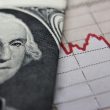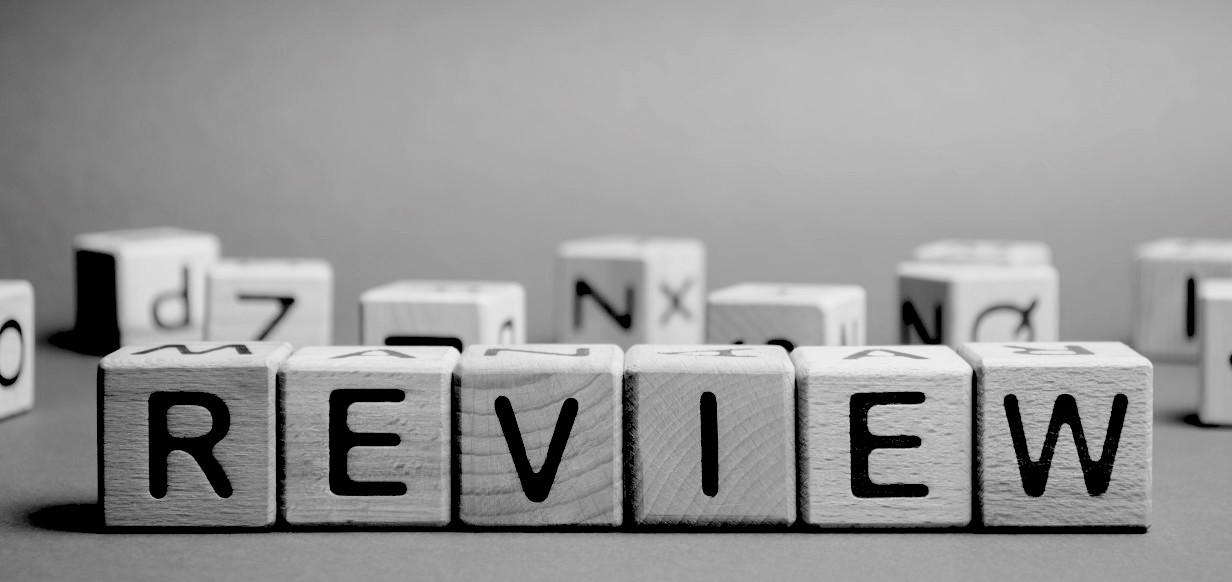by Brian Wesbury, Chief Economist, & Robert Stein, Deputy Chief Economist, First Trust Portfolios
Several years ago some politicians started demanding that the Federal Reserve get audited. We think the idea has some merits but also some drawbacks, as well.
One problem with the Fed is that it doesn’t have a hard limit on its own spending. For example, let’s say the Fed wanted to hire a bunch of extra staff to write papers on climate change, income inequality, gun control, or other “political hot button” issues of the day that don’t really have a direct relationship with monetary policy or the Fed’s mission. Our understanding is that there’s nothing to stop the Fed from doing so, as long as it claims some relationship to monetary policy, no matter how tenuous.
And even if the appointed leaders at the Federal Reserve Board object, there are still twelve regional reserve banks around the country that could do so, and their leaders are not appointed by the president or confirmed by the Senate. In fact, the Chicago Federal Reserve Bank already has staff dedicated to researching topics that impact the “greater good” and “community development.”
Depending on the party in power, auditing the Fed could lead Congress to mandate more or less of these endeavors, and at the same time put more political pressure on the Fed to tilt monetary policy in a way that politicians see as favorable toward themselves, which would mean less Fed independence. History shows clearly that less central bank independence correlates closely with higher inflation and less currency stability.
What we would suggest is a law that limits the Fed to activities that directly, not indirectly, impact monetary policy. Those areas can be measured with an accounting audit by an outside firm, which the Fed already does. Last week the Fed released its audited financial statements for 2023 and they were…. interesting.
Most prominently, the Fed lost $114 billion last year. This is the first time the Fed has ever run an annual loss and the loss is a direct consequence of the Financial Panic of 2008 when the Fed started paying banks to hold reserves.
Prior to that change, the Fed did not pay banks to hold reserves, meanwhile earning interest on the securities in its portfolio (mostly Treasury bills). But after the change, when the Fed was holding rates close to zero, it still ran surpluses. When the Fed held rates low, it contributed an average of more than $75 billion annually to government revenue.
But holding rates too low creates distortions in financial markets and rates had to go higher. In order to “normalize” rates, the Fed now pays banks 5.4% on their excess reserves. The result is that the Fed paid private banks $281 billion in 2023.
But the Fed earns less than that on its bond portfolio. To repeat, it lost $114 billion in 2023 and has a total accumulated deficit of $133.3 billion since 2022. The Fed calls these accumulated losses a “deferred asset” because it expects to return to profitability in the future.
These kinds of losses should invite political oversight. Does the Fed just borrow more from the Treasury (the taxpayer) to meet payroll? If so, there is already a reason to doubt its independence from the political side of government. Rather than audit the Fed, which is already done, laws which require more transparency and a more focused mission, would be productive. The Fed has become too political. That should change.
Brian S. Wesbury – Chief Economist
Robert Stein, CFA – Deputy Chief Economist
Click here for a PDF version
Copyright © First Trust Portfolios












